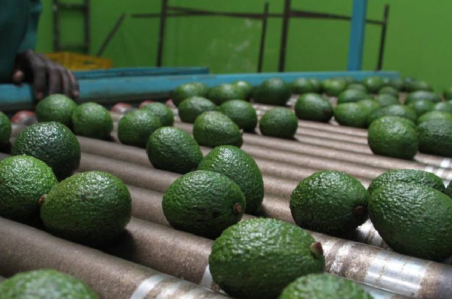Buyers
The horticultural export sector has experienced rapid growth since 1966 because of the active role by the private sector and minimum government intervention.
Over the last several years Kenya has steadily increased her production of and share of the world market for fresh fruits, vegetables and cut flowers. Horticultural produce from Kenya to Europe and Middle East countries increased steadily, representing a substantial earning to the country and makes horticultural exports one of the important foreign exchange-earners.
The European Union is the largest consumer of Kenyan horticultural exports and accounts for over 70 percent of the total exports.
This continued growth of the horticulture sub-sector is attributed to the dynamic private sector and the effective facilitative role provided by the relevant public and private sector institutions. This has been brought about by intensive market promotion programmes implemented by the sector stakeholders.
Partners
The horticultural industry in Kenya is committed to the production of high-quality and environmentally friendly products while preserving the health and welfare of the workers. In order to meet changing market requirements and ensure proper use of agro-chemicals, the Government has put in place the Pest Control Products Board (PCPB), which licenses and registers all the pest control products imported and used in this country. They ensure that the pesticides used in horticultural production are safe and are also approved for use in other parts of the world.
The Government and the industry stakeholders train farmers on the safe use of pesticides. The farmers’ training covers issues on the application of chemicals in the right quantities and intervals to ensure that the maximum residue limits are not exceeded. This ensures environmental protection and serves to ensure that Kenya’s horticultural exports meet the Maximum Residue Levels (MRLs) requirements.
As a result of the increasing concerns on pesticide usage, traceability of produce, sanitary and phytosanitary issues, worker welfare and social responsibilities, the Kenya horticultural industry has come up with a harmonised National Code of Practice.
This Code of practice aims at ensuring good agricultural practices and due diligence to safeguard the consumer, the environment and the health of the workers. The National Code of Practice also addresses the post-harvest handling process.
In addition to the National Code of Practice, the three trade associations within the horticultural sector i.e., Kenya Flower Council, Fresh Produce Consortium of Kenya, and Fresh Produce Exporters Association promote specific Codes of Practice for their members.



